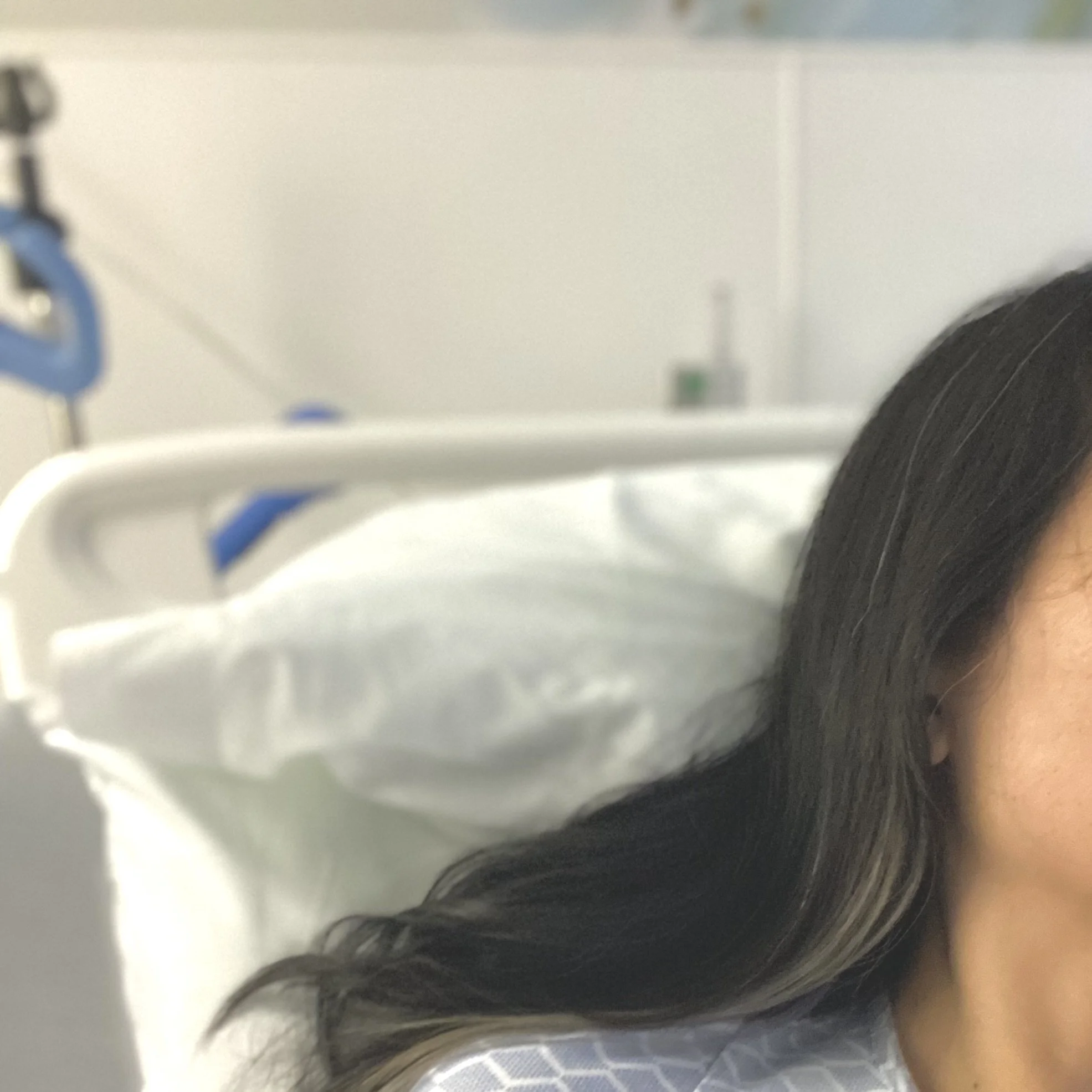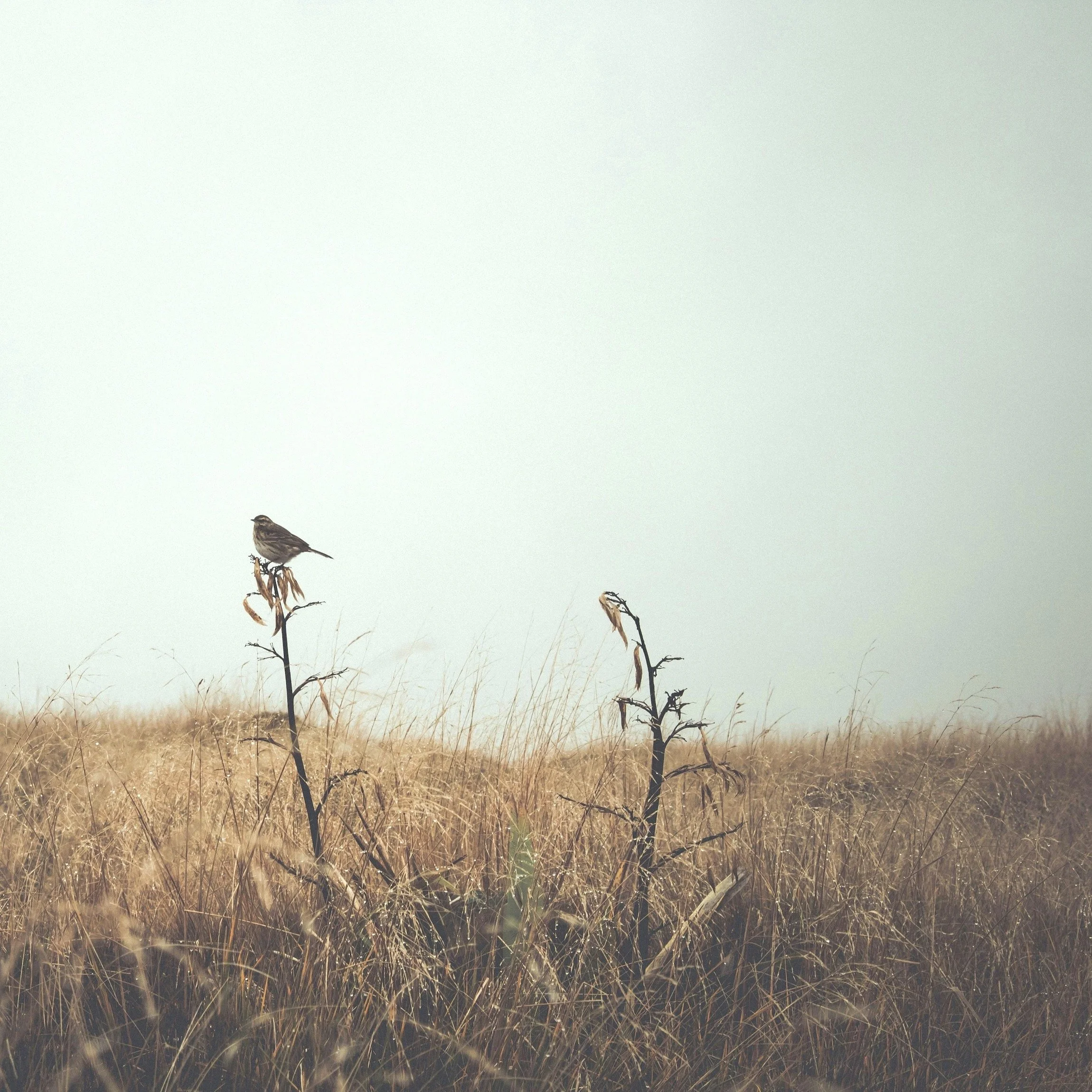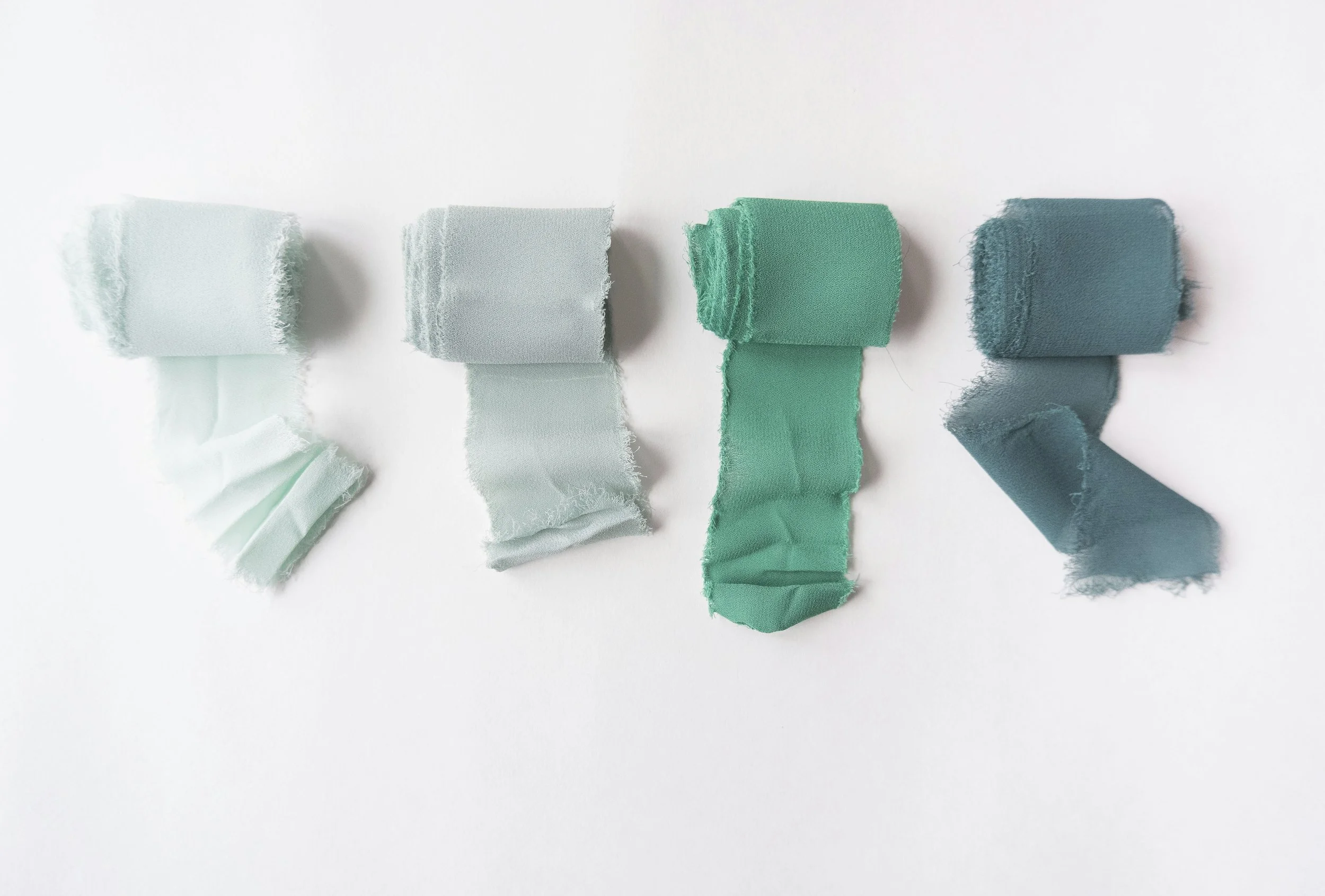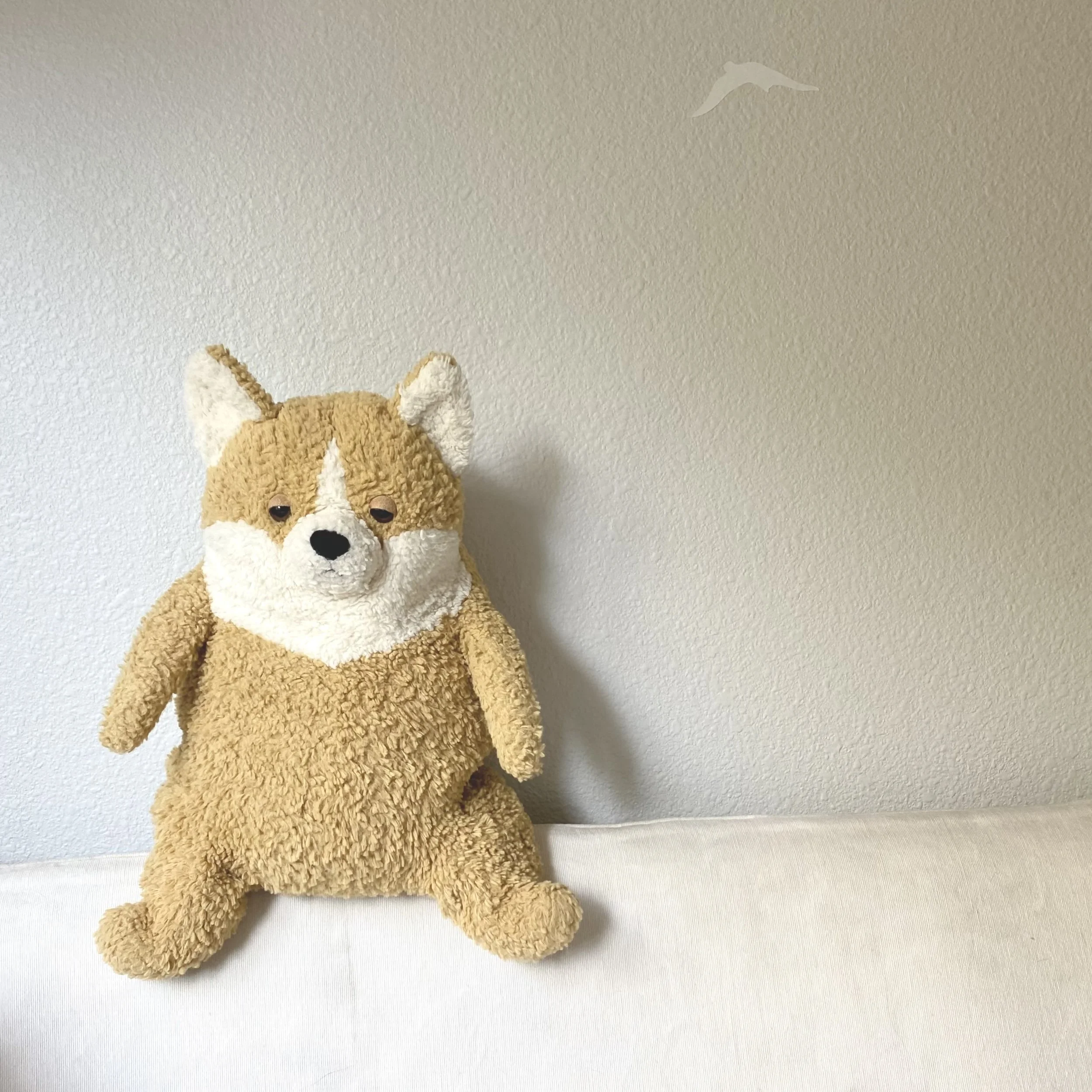Carried
You know what it means to have a life held together by so many loves.
– Kate Bowler, The Lives We Actually Have
Update: yesterday I had a three-hour procedure in which the remainder of my right breast was entirely removed, as well as the first lymph node to which it drains (which was identified using both a blue dye and radioactive tracer; my brief stint in the nuclear medicine facility felt like a refresher chemistry lesson); the node was preliminarily found to be negative for cancer though final pathology results are pending. I’m left with a neat, flat horizontal line of bandages across that side of my chest, and a drain tube winding its serpentine way in a circle around it, exiting from my lower chest to connect with a bulb which is named after a guy named Jackson-Pratt but which looks exactly like the end of a turkey baster. I can’t decide if it’s cool or frightening to see my own blood pooling outside of my body (the kids obviously think it’s the latter).
I was in a bigger, busier surgery center this time and woke up slowly in a groggy haze. My first thought was, okay, that’s sore and it’s really gone. At that thought I started crying, and it felt right somehow, lying there with the tears running quietly into my oxygen mask. The nurses bustled to other patients, still thinking I was asleep, and for a moment I felt as invisible to the world as it was to me, lying there without my glasses, pressed down by drugs and sorrow. I never really knew how to say goodbye to my breast (the very idea seemed a tad laughable), but apparently my farewell happened after it was gone.
Eventually I asked a nurse for my glasses, and faces came into view: my husband, who came in from the waiting room. A friend who held my hand. The two nurses who helped me unwrap the binder for a wound check and gazed kindly at my flat chest. My surgeon who came to check on me. The next day, I came home and saw the faces of my kids, my parents, read a note from the friend who dropped off dinner. Lying in bed later, feeling unable to be cheerful about anything, I played video messages from friends who had taped their prayers, letting the words wash over me.
My dad asked me today whether having cancer has changed me. Lately, it’s felt like putting on a pair of glasses that suddenly allow all the relationships in my life to come into clearer focus. Groups of strangers I don’t even know, friends of the family, are praying for me. People I know from seminary, medical students, patients I’ve seen, far away friends and local friends, church friends and neighborhood friends, old friends and newer ones—so many people have let me know, in one way or another, that they are there. I have cried with and hugged more people than I ever have before. Maybe periods of crisis are like this: they can bring about a kind of premature eulogy, an awareness of the people around you who remember you or care about you. Surely that is a gift.
Lying awake in the hospital last night, I thought about someone I knew who had a major surgery a long time ago, and how I hadn’t been there for them. I was younger, then. Driven, ambitious, preoccupied with my own concerns. And I wished I could go back and be there for them, because I understand now how much that carries you along. I understand now that these connections we have are the most important thing, the things worth really sacrificing for. I wished I could go back and tell my younger self, ten or twenty years from now, you’re not going to care that you finished that project or aced that test. You’re going to care about whether you were there for the people you cared about. You’re going to look back, and all you will see are the faces.






